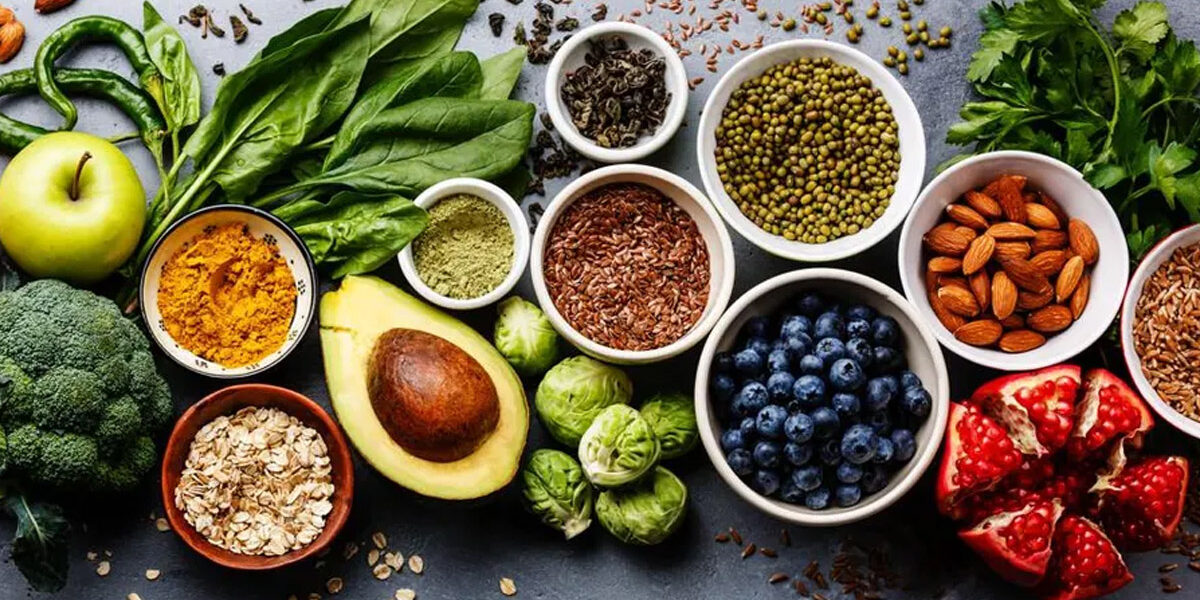Achieving and maintaining a healthy weight is a goal that many individuals aspire to, and the journey often begins with adopting a balanced and nutritious diet. In the realm of weight loss, fad diets and quick fixes may promise rapid results, but the key to sustainable and healthy weight loss lies in making informed food choices. In this article, we will explore the best foods for promoting healthy weight loss, focusing on nutrient-rich options that nourish the body and support overall well-being.
Moreover, it’s essential to recognize that healthy weight loss is not just about shedding pounds but also about cultivating a positive relationship with food. Developing mindful eating habits, savoring each bite, and being attuned to hunger and fullness cues can contribute to a healthier lifestyle. Additionally, incorporating a variety of colors and flavors into meals not only enhances nutritional diversity but also makes the eating experience more enjoyable.
It’s worth noting that individual nutritional needs vary, and consulting with a registered dietitian or healthcare professional can provide personalized guidance for effective and sustainable weight loss. By embracing a holistic approach that includes a balanced diet, regular physical activity, and a positive mindset, individuals can embark on a journey towards not only achieving a healthy weight but also cultivating lifelong habits that promote overall wellness.
Whole Grains
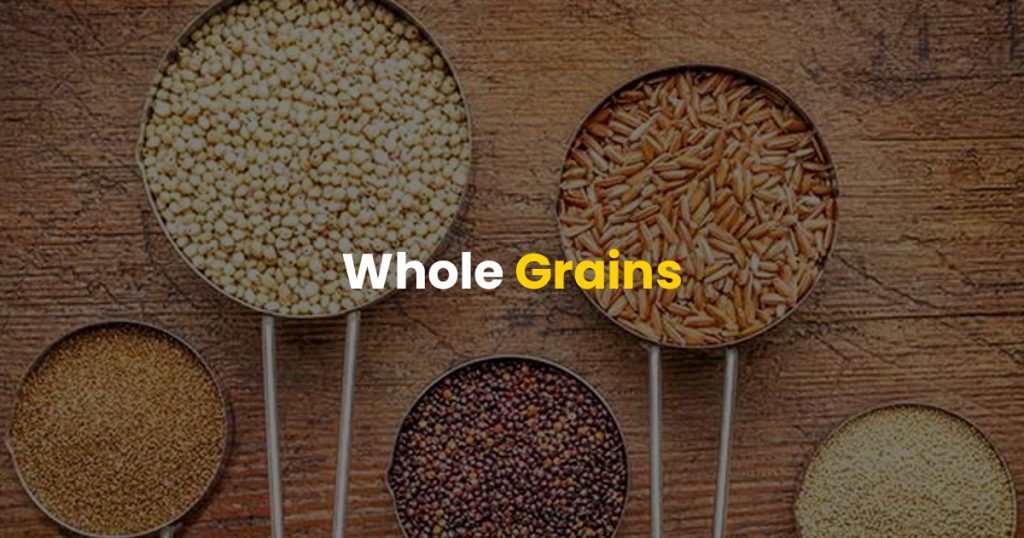
One of the cornerstones of a healthy weight loss diet is incorporating whole grains. Foods like brown rice, quinoa, oats, and whole wheat provide complex carbohydrates that release energy gradually, helping to stabilize blood sugar levels and curb cravings. The fiber content in whole grains promotes a feeling of fullness, reducing the likelihood of overeating. Moreover, whole grains contain phytonutrients and antioxidants that support overall health and may reduce the risk of chronic diseases such as heart disease and type 2 diabetes. Incorporating a variety of whole grains into meals adds texture and flavor while ensuring a diverse nutrient intake for optimal health and weight management.
Lean Proteins
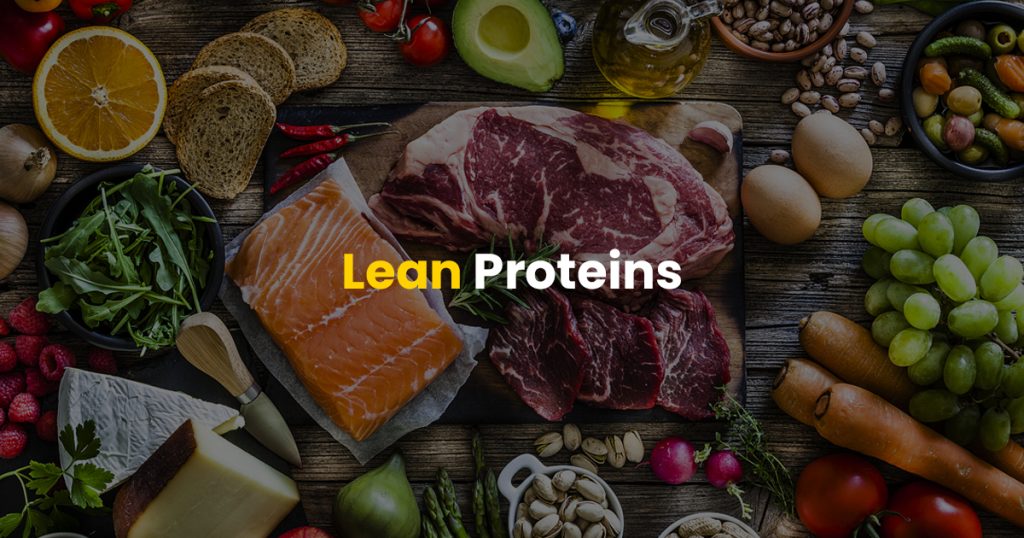
Protein is a crucial component in any weight loss plan as it plays a key role in muscle maintenance and repair. Opting for lean protein sources like skinless poultry, fish, tofu, legumes, and low-fat dairy can help individuals feel satisfied and maintain muscle mass during weight loss. Protein-rich foods also have a higher thermic effect, meaning the body expends more energy to digest them, supporting the calorie-burning process. Additionally, incorporating protein into meals and snacks can help stabilize blood sugar levels and prevent energy dips throughout the day, promoting sustained energy and satiety.
Fruits and Vegetables
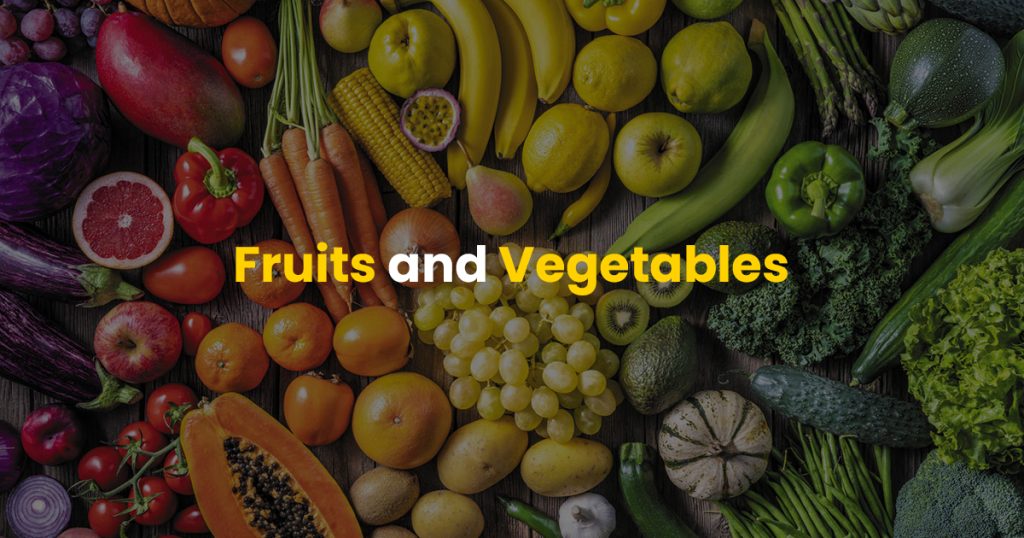
The importance of incorporating a variety of fruits and vegetables into a weight loss diet cannot be overstated. These nutrient-dense foods are low in calories and high in vitamins, minerals, and antioxidants. The fiber in fruits and vegetables can promote satiety, aiding in weight management by reducing overall calorie intake. Furthermore, the high water content in many fruits and vegetables helps keep the body hydrated and supports optimal digestion. Experimenting with different cooking methods and flavor combinations can make fruits and vegetables more appealing and enjoyable, encouraging greater consumption for improved health and weight loss success.
Healthy Fats
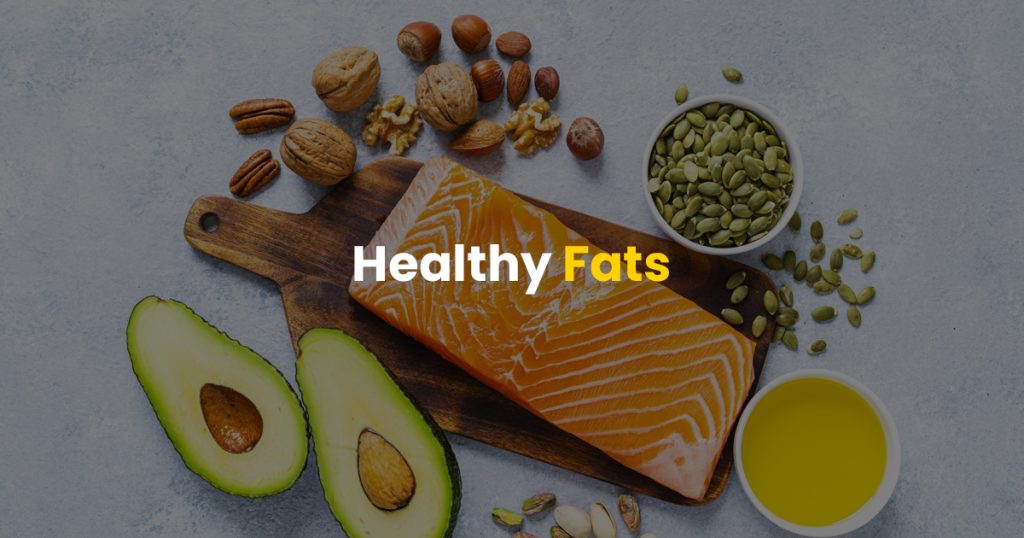
Contrary to the misconception that all fats are detrimental to weight loss, incorporating healthy fats into the diet can be beneficial. Foods rich in monounsaturated and polyunsaturated fats, such as avocados, nuts, seeds, and olive oil, contribute to a feeling of fullness and provide essential fatty acids that support various bodily functions. Including these fats in moderation can help individuals adhere to their weight loss plan by making meals more satisfying and enjoyable. Moreover, healthy fats play a crucial role in nutrient absorption, particularly fat-soluble vitamins like A, D, E, and K, ensuring optimal nutrient utilization for overall health and well-being.
Greek Yogurt
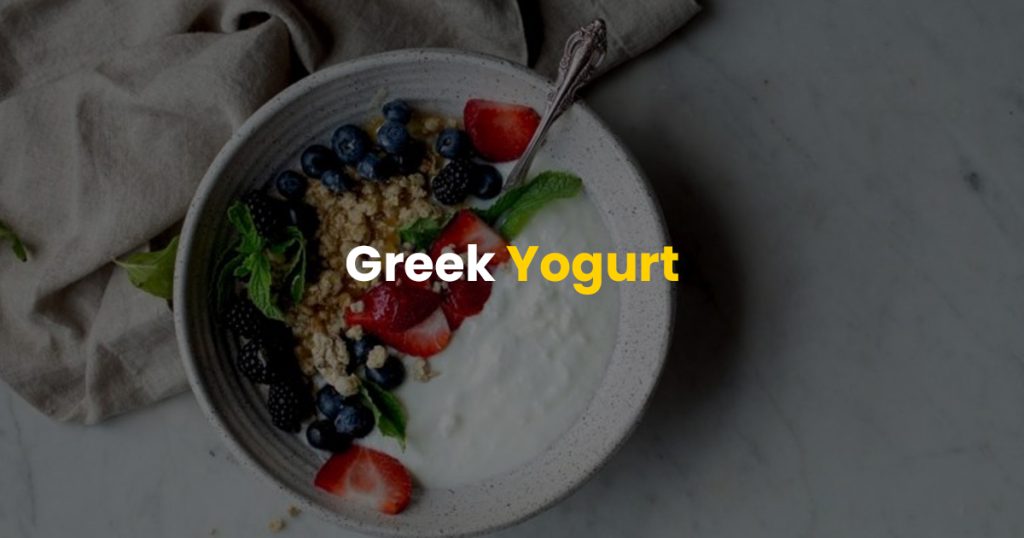
Greek yogurt is a nutrient-packed dairy option that can be a valuable addition to a healthy weight loss diet. It is rich in protein, which aids in muscle preservation and satiety, and it also contains probiotics that support digestive health. Choosing plain, unsweetened Greek yogurt allows individuals to control their sugar intake while enjoying the benefits of this versatile and delicious dairy product. Moreover, Greek yogurt can be used to substitute a higher calorie ingredients in recipes, such as mayonnaise or sour cream, reducing overall calorie intake without sacrificing flavor or texture. Incorporating Greek yogurt into meals and snacks adds creaminess and richness while providing essential nutrients for optimal health and weight management.
Green Tea
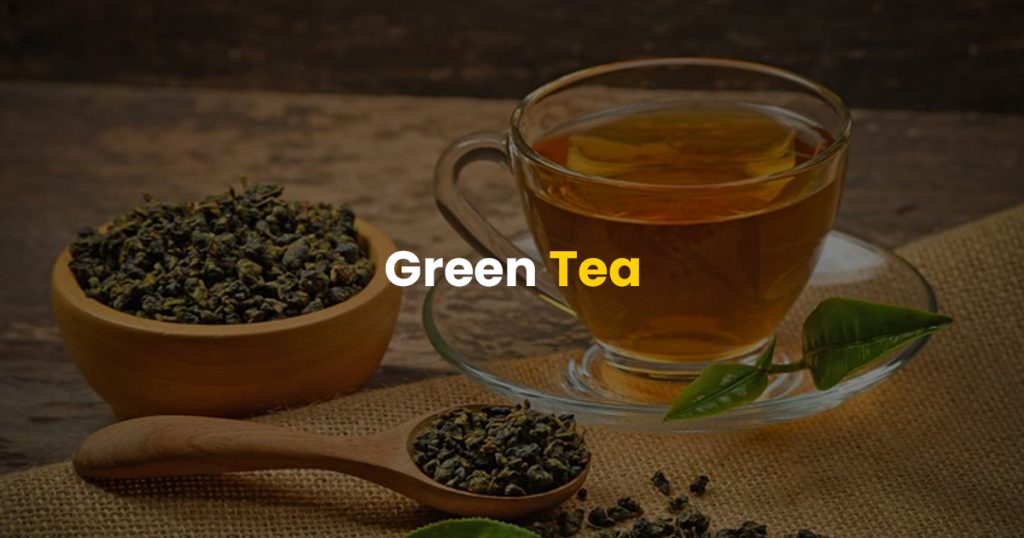
Incorporating green tea into a weight loss plan can provide a gentle boost to the metabolism. Green tea contains catechins, antioxidants that may enhance fat burning and support weight loss efforts. Additionally, the moderate caffeine content in green tea can contribute to increased alertness and energy expenditure. Drinking green tea as a part of a balanced diet and regular exercise routine can complement healthy weight loss strategies. Moreover, green tea offers a refreshing alternative to sugary beverages and can be enjoyed hot or cold, making it a convenient and accessible addition to any weight loss regimen.
Water
Staying adequately hydrated is crucial for overall health and can play a significant role in supporting weight loss. Drinking water before meals can help individuals feel fuller and consume fewer calories. Furthermore, water is essential for various metabolic processes, including the breakdown of fats. Choosing water as the primary beverage over sugary drinks and high-calorie beverages supports both hydration and healthy weight loss. Moreover, incorporating hydrating foods like cucumbers, watermelon, and oranges can contribute to overall fluid intake and support optimal hydration levels for improved energy, digestion, and weight management.
Chia Seeds
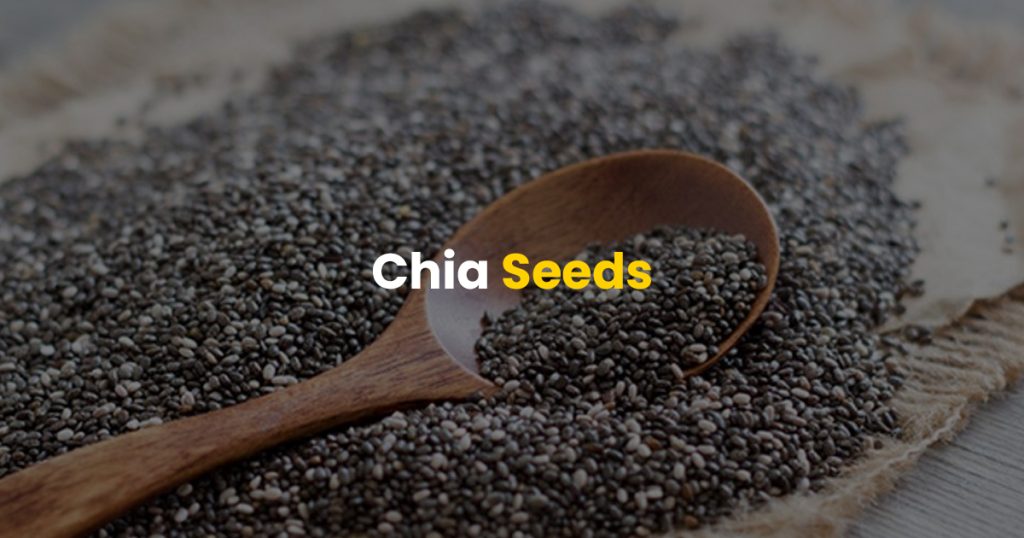
Chia seeds are a nutritional powerhouse that can aid in weight loss due to their high fiber content. When mixed with liquids, chia seeds form a gel-like consistency that promotes a feeling of fullness and slows down the digestion of food. Additionally, chia seeds are rich in omega-3 fatty acids, providing a healthy source of fat to support overall well-being. Adding chia seeds to smoothies, oatmeal, yogurt, or salads adds texture and nutritional value while supporting satiety and promoting digestive health. Moreover, chia seeds are incredibly versatile and can be incorporated into a variety of recipes, from baked goods to homemade energy bars, for added nutrition and flavor.
Sweet Potatoes
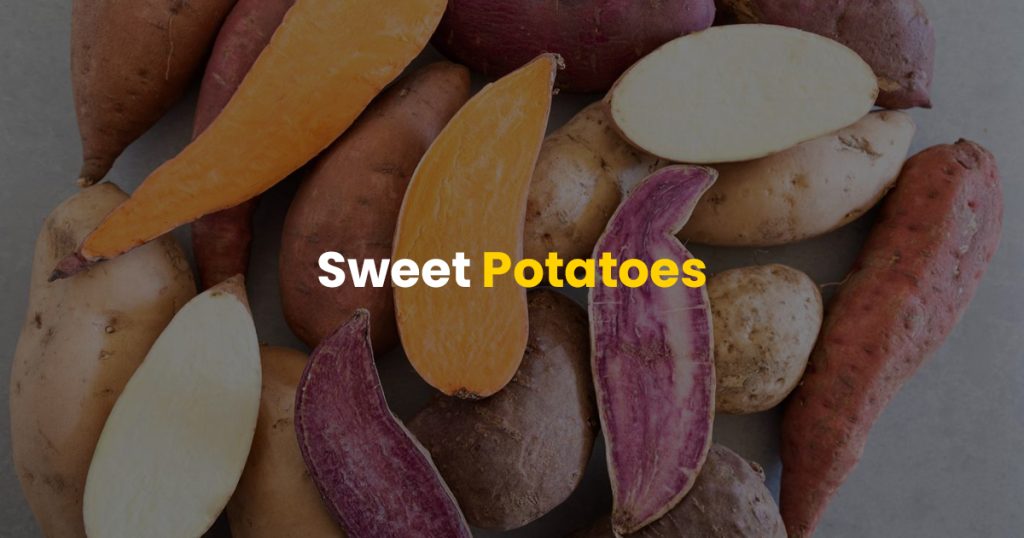
Sweet potatoes are a nutritious and satisfying alternative to traditional white potatoes. They’re packed with vitamins, minerals, and fiber, sweet potatoes have a lower glycemic index, which means they have a milder impact on blood sugar levels. Including sweet potatoes in the diet can help regulate appetite and provide a nutrient-dense option for those seeking healthy weight loss. Moreover, sweet potatoes can be prepared in numerous ways, including roasting, steaming, or mashing, making them a versatile and delicious addition to meals and snacks. Experimenting with different seasonings and cooking methods can enhance the flavor and enjoyment of sweet potatoes while supporting overall health and weight management.
Portion Control
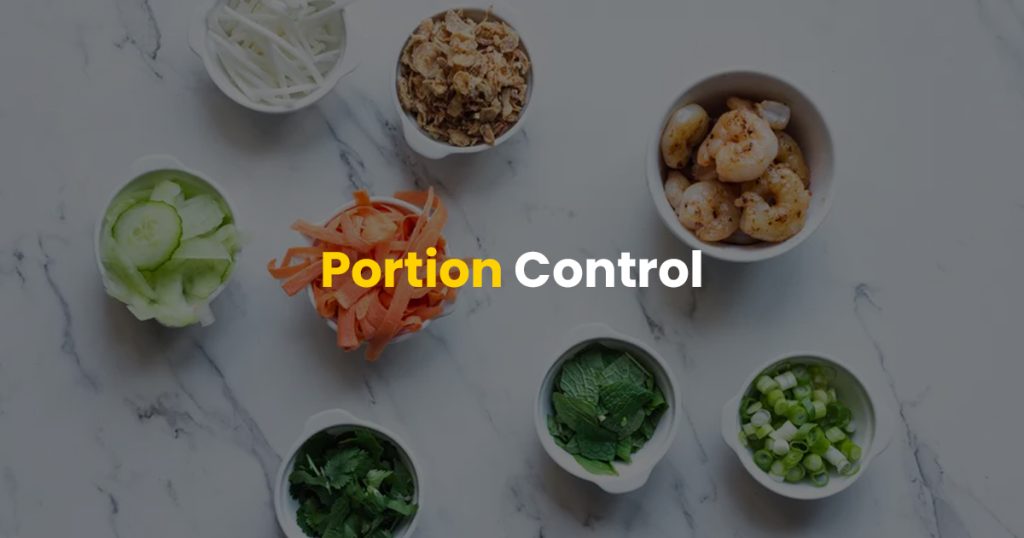
While the primary focus is often on the types of food consumed for weight loss, the importance of portion control cannot be overlooked. When eaten in excess, even healthful meals can cause weight gain.. Being mindful of portion sizes and listening to hunger cues can contribute to a balanced and sustainable approach to weight loss. Additionally, using smaller plates, bowls, and utensils can help individuals better gauge appropriate portion sizes and prevent overeating. Moreover, taking time to savor each bite, chewing food thoroughly, and practicing mindful eating techniques can enhance the dining experience and promote greater satisfaction with meals, ultimately supporting successful weight management endeavors.
Conclusion
When embarking on your journey towards healthy weight loss involves adopting a well-rounded and sustainable approach to diet and lifestyle. The best foods for promoting healthy weight loss are those that provide essential nutrients, support satiety, and contribute to overall well-being. By incorporating whole grains, lean proteins, fruits, vegetables, healthy fats, and other nutrient-dense options into a balanced diet, individuals can achieve their weight loss goals while nourishing their bodies for long-term health and vitality. Combining a healthy diet with regular physical activity and mindful eating practices can enhance the effectiveness of a weight loss plan and contribute to a healthier and more fulfilling lifestyle.

